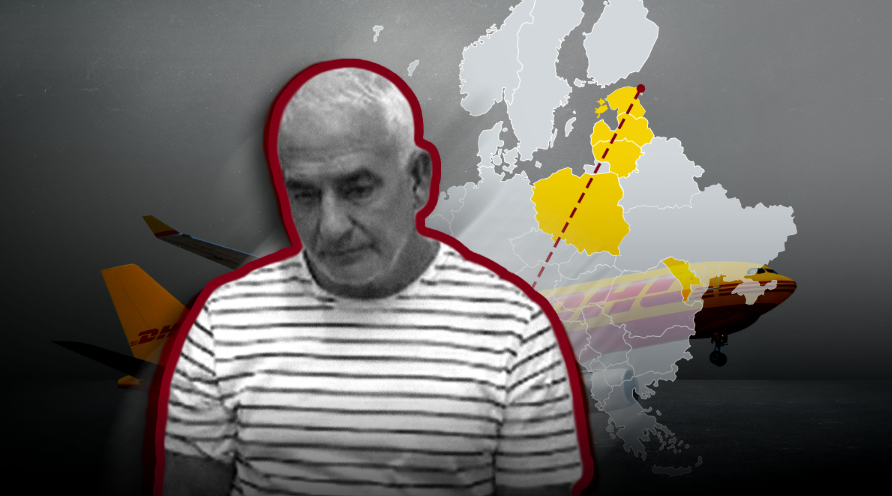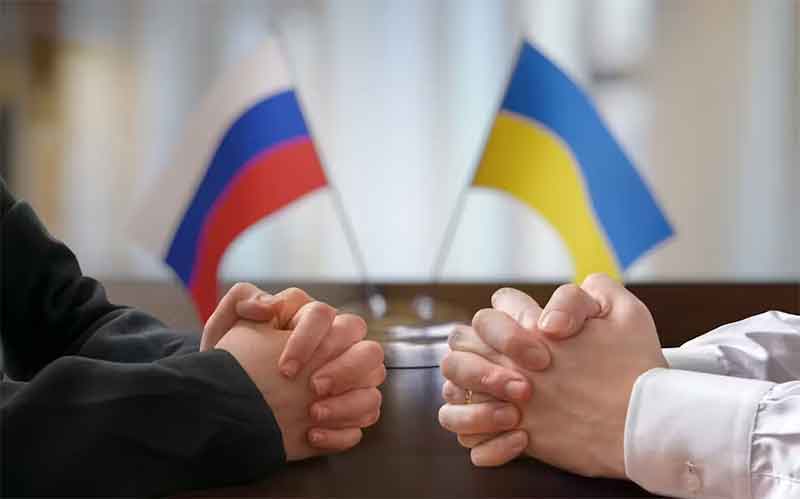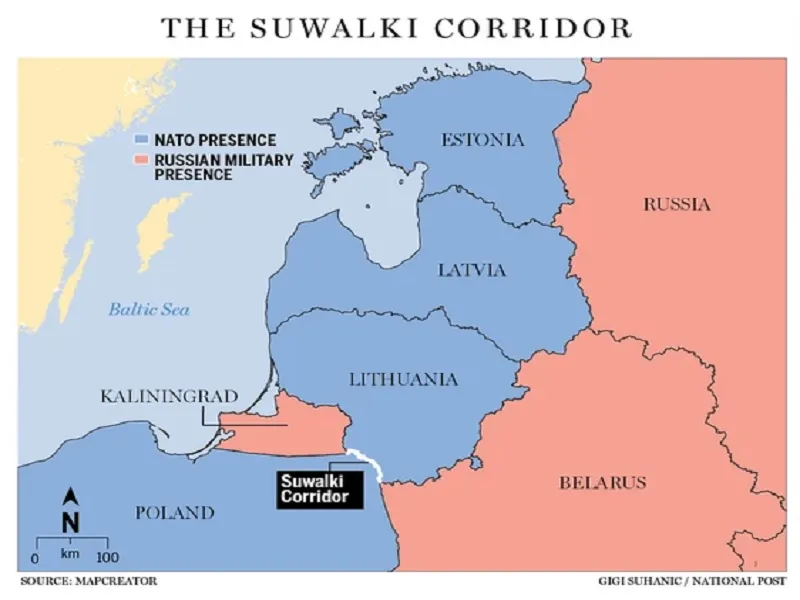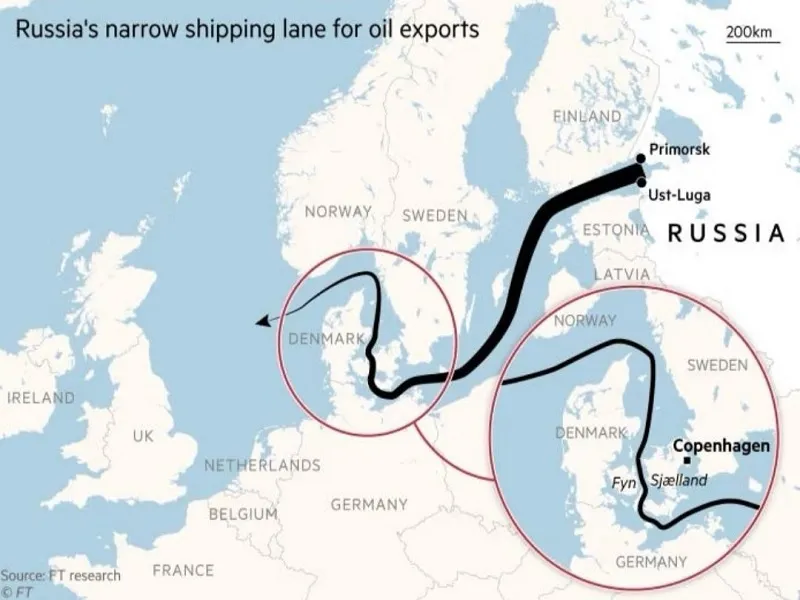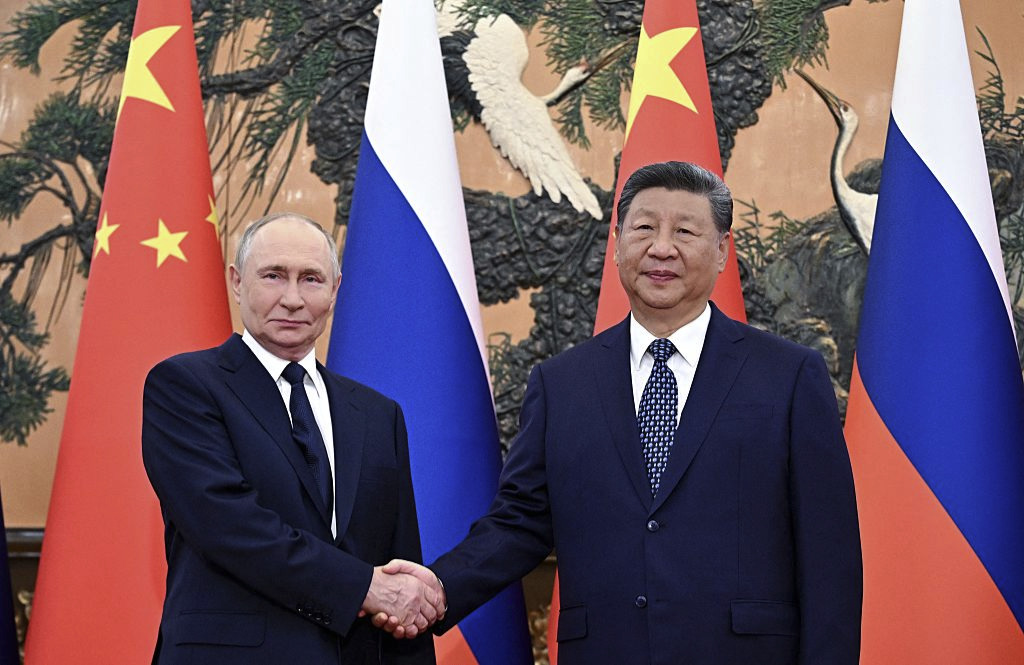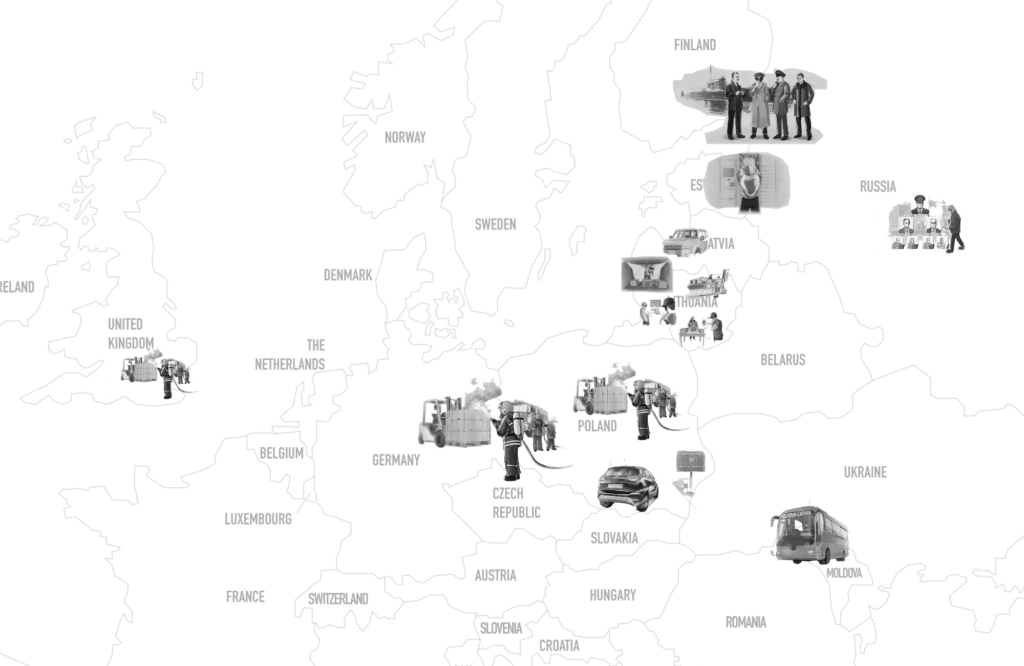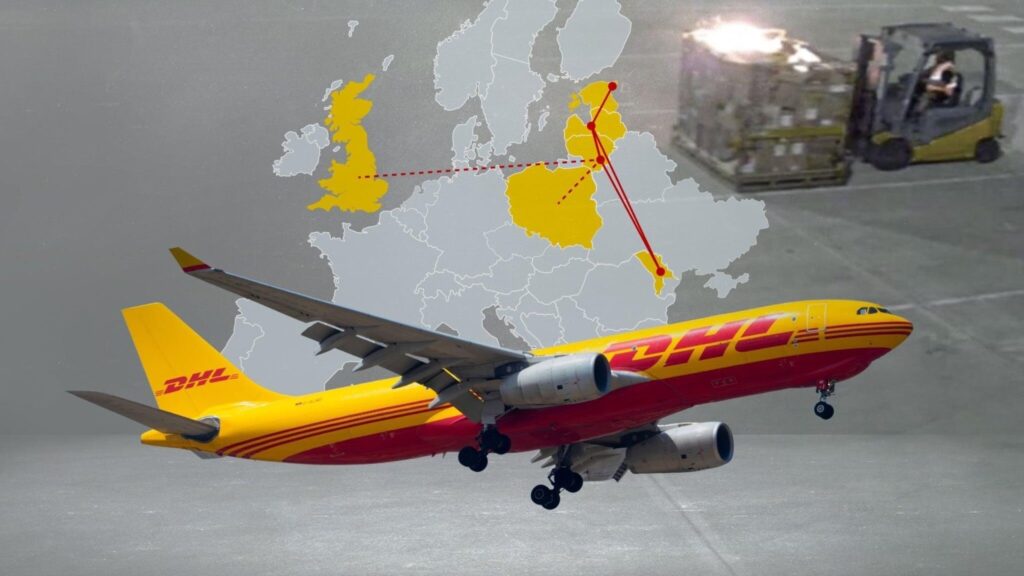Albania Emerges as Destination Port for Illicit Oil from Russia and Libya
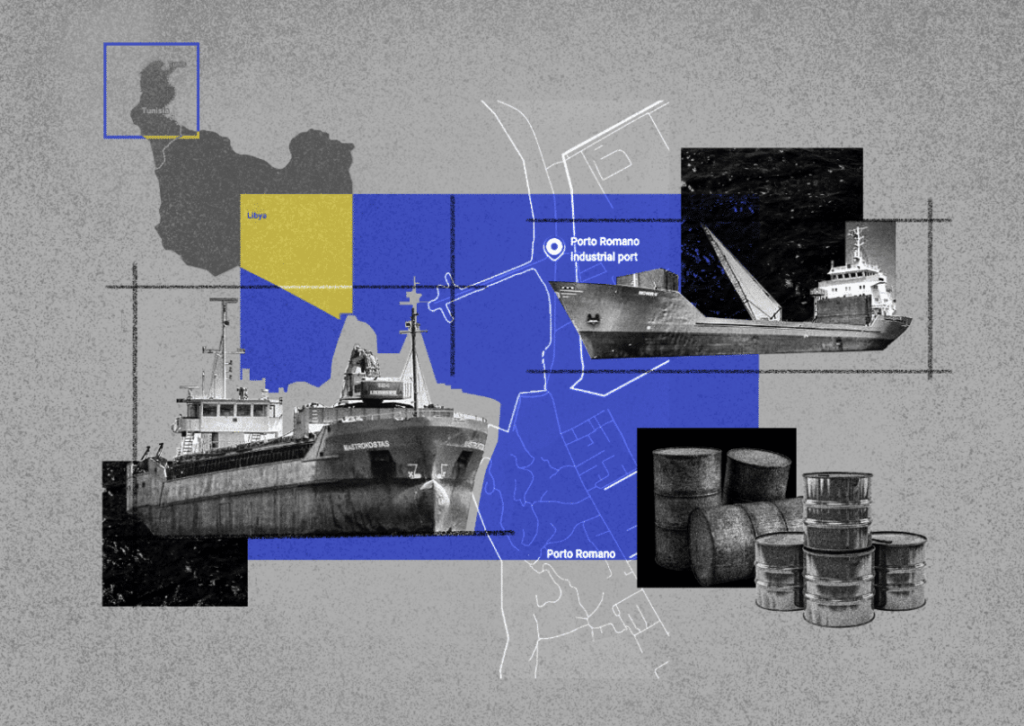
It was a cold and windy day in January this year when the Besart and the Aya Zanoubya approached the port of Porto Romano near Durres on Albania’s Adriatic coast, the latter being towed due to an electrical failure that had supposedly prevented it from continuing to its stated destination.
Their declared cargo was cement, but, acting on a tip-off, investigators discovered something else – 600,000 litres of undeclared diesel fuel.

